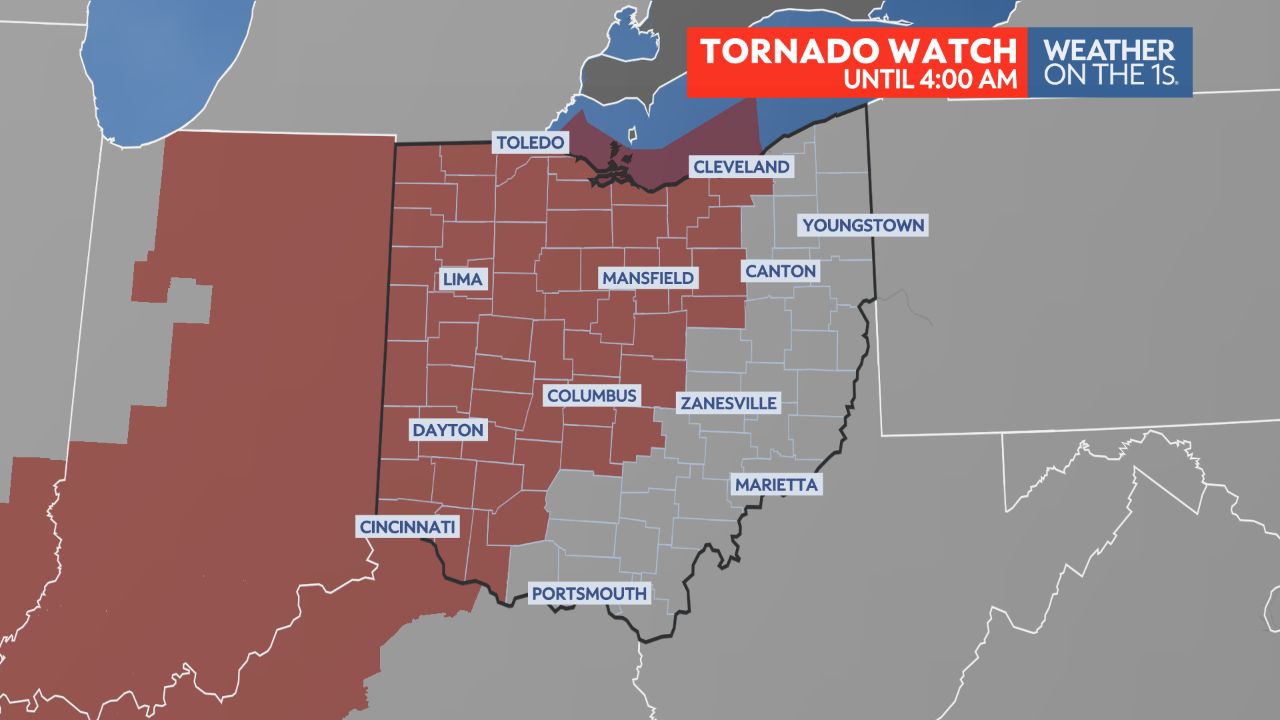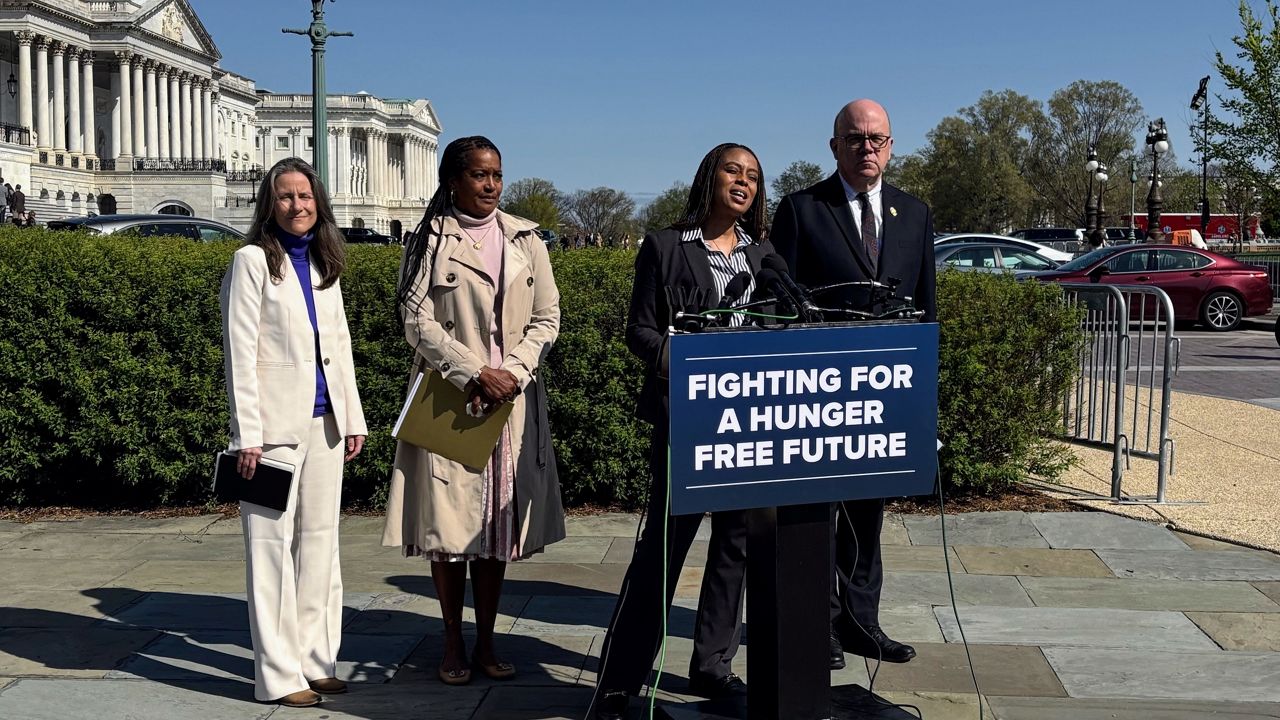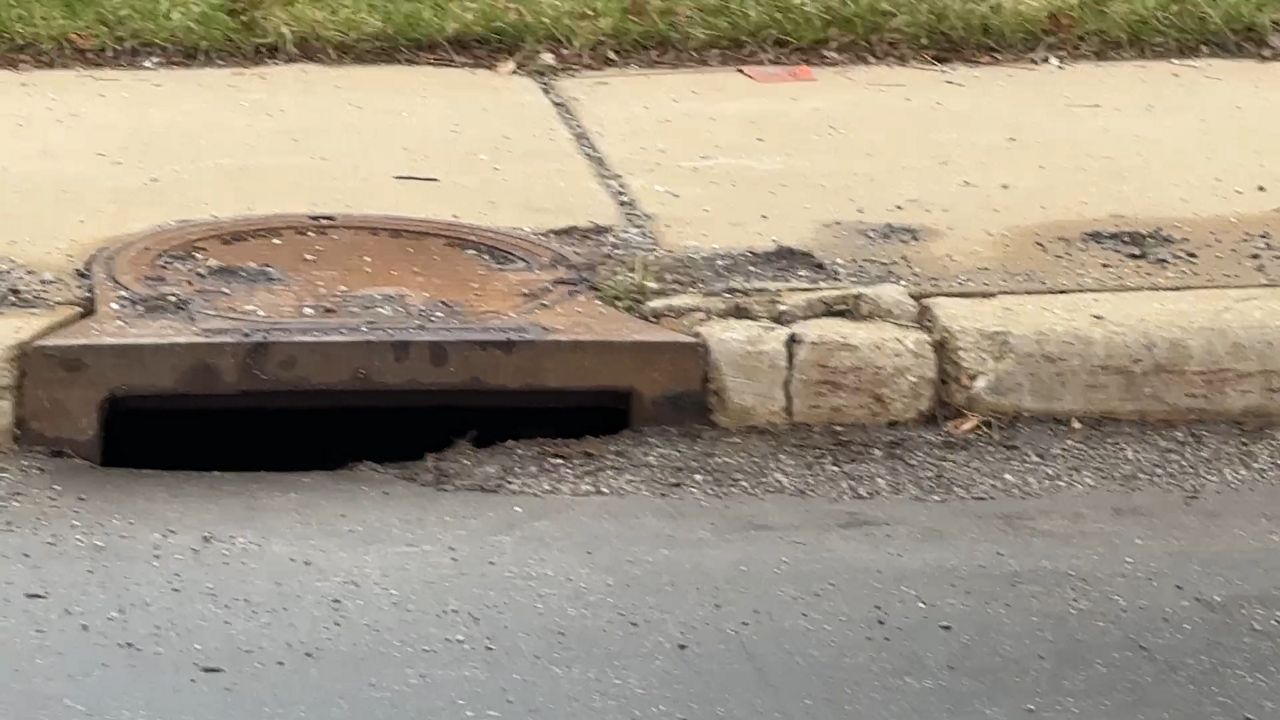CLEVELAND — With the mortality rate of Black infants being more than four-times greater than white infants, programs like one at the Cleveland Clinic are looking to help new mothers keep their babies healthy and safe.
Mackenzie Johnson, who is mom to 4-month-old Kaylani, said she is getting the hang of motherhood.
“And I really have no regrets about it whatsoever,” she said. “I love it.”
As an 18-year-old, becoming a mom while in high school wasn’t her original plan.
She found out she was pregnant near the end of her junior year.
“Oh, I was terrified,” Johnson said. “I just didn’t know, like the first thing I thought was like, what am I going to do? How can I take care of a child, and I just started taking care of myself in the last couple of years?”
That’s where CenteringPregnancy and CenteringParenting entered her life.
The Cleveland Clinic hosts the national programs that provide group medical appointments for women throughout pregnancy and after their baby is born.
“A great experience,” Johnson said. “It gave me the opportunity to meet other new moms and kind of build relationships not only with just the other mothers but our babies.”
The Cleveland Clinic recently launched an initiative focused on improving maternal and infant health, and CenteringPregnancy and CenteringParenting are part of that.
Dr. Tosin Goje said the goal is to support at-risk pregnant women through their baby’s first year of life.
“And we know that excellent hospital care, which we provide, is not enough,” Goje said. “We have to address the social determinants of health that may be mitigating against the patient. It’s not just enough to address the medical risk factors, obstetric or even mental health, but you have to think about the social risk factors.”
Infant mortality continues to be a major issue in Cuyahoga County, and racial disparities persist.
The infant mortality rate is 3.2 per 1,000 live births for white babies and 14.6 per 1,000 live births for Black babies, according to the Ohio Equity Institute’s annual report from 2020.
“Meaning a Black baby in Cuyahoga County has, depending on the zip code, three to five times more likely to not celebrate their first birthday compared to their white friends and counterparts,” Goje said.
That’s why the Cleveland Clinic Center for Infant and Maternal Health is focused on an integrated model of care that partners with community organizations. The mission is to build trust, improve access to care, decrease infant and maternal mortality rates, address drivers of poor outcomes and decrease racial disparities.
“They send home stuff like all the time,” Johnson said. “Like make sure your baby’s on their back, alone in their crib, just everything so that we don’t have to deal with the grief of losing a baby.”
Kaylani was born one month early and despite being premature, Johnson said her baby girl is right on track with others her age.
She said navigating something new and crucial, like her baby’s health and development, has been made easier with resources the Cleveland Clinic has provided.
Johnson said support from her family and medical team have given her what she needs to be the best mom she can be.
“She’s a motivation to me,” she said. “Like I have to do something. I have to finish school. I have to have a good career. I have to do everything in life to set her up to be successful as well.”
Johnson is set to graduate from online high school in May and then plans to go to college to become a nurse.
The Cleveland Clinic said the initiative includes recruiting OB navigators, community health workers, doulas and midwives who help connect patients to area resources and bridge the gap between vulnerable populations and medical care.










